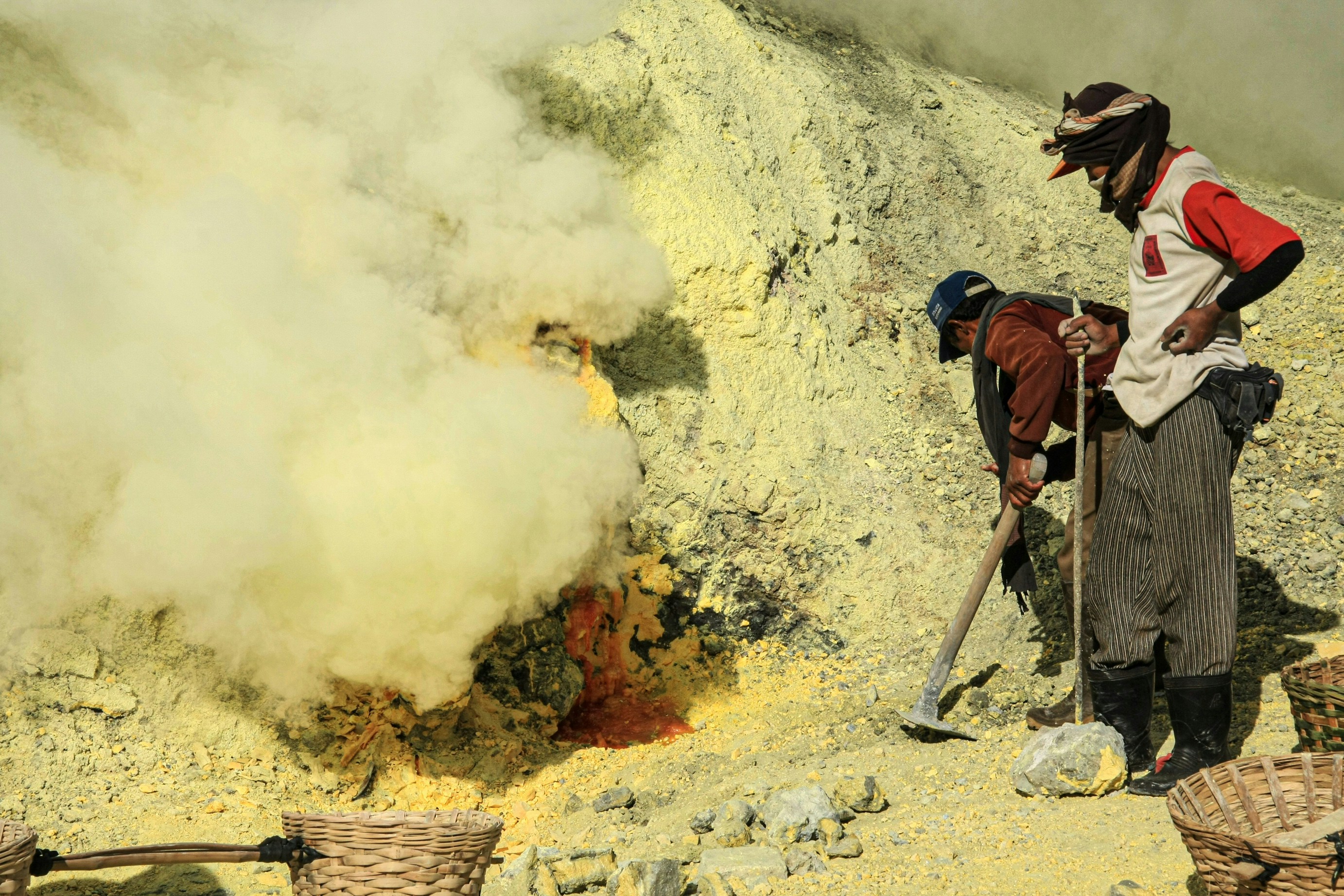Have you ever noticed a strong, pungent odor coming from your urine that reminds you of ammonia? Don’t worry, you’re not alone! In this article, we’ll explore the various reasons why your urine might smell like ammonia and what you can do about it. From dietary factors to certain medical conditions, understanding the potential causes behind this unusual scent can help you gain peace of mind and take appropriate action if necessary. So, let’s get to the bottom of this mysterious smell and find out what it means for your health.
Understanding the Basics of Urine
The composition of urine
Urine is a complex fluid that is produced by the kidneys as a byproduct of filtering waste materials from the blood. It is primarily composed of water, but also contains various substances such as urea, creatinine, and electrolytes. These components give urine its distinct properties and characteristics.
Normal urine smell and color
Under normal circumstances, urine has a mild, slightly aromatic odor and a pale to medium yellow color. The smell is often described as slightly sweet or earthy. The color is determined by the concentration and presence of pigments, with a darker color indicating a higher concentration of waste products in the urine.
Factors that can affect urine smell and color
Several factors can influence the smell and color of urine. These include hydration levels, dietary choices, medications, and certain health conditions. Changes in urine smell or color should be monitored, as they can be indicative of underlying issues and may warrant further investigation.
Ammonia and Your Body
What is ammonia?
Ammonia is a colorless and pungent gas that is composed of nitrogen and hydrogen. It is a natural byproduct of various biological processes, both in the environment and within the human body. Ammonia has a strong, distinctive odor that is often associated with cleaning products or certain bodily fluids.
How is ammonia produced in the body?
In the body, ammonia is produced primarily through the breakdown of proteins and amino acids. This process occurs in the liver, where ammonia is converted into urea and ultimately excreted through urine. The liver plays a vital role in maintaining ammonia levels within a safe range, as high levels can be toxic to the body.
The role of ammonia in the human body
Ammonia has several important functions in the human body. It is involved in the synthesis of proteins, the regulation of pH levels, and the detoxification of waste products. While ammonia is a natural byproduct of metabolism, excessive levels can be harmful and can indicate underlying health conditions.
Specifics of Ammonia Odor in Urine
What gives urine an ammonia-like smell?
The presence of an ammonia-like smell in urine can be attributed to the breakdown of urea into ammonia. This can occur when the concentration of urea in the urine is high or when there is a lower production of urine, leading to a more concentrated solution. Bacteria in the urinary tract can also break down urea, resulting in an increase in ammonia odor.
The difference between regular urine smell and ammonia urine smell
Regular urine has a characteristic odor due to the presence of waste products, but it is generally not associated with a strong ammonia smell. Ammonia urine smell is often stronger and more pungent, resembling the smell of cleaning products. It can be an indicator of certain health conditions or changes in metabolic processes.
Why an increased amount of ammonia can lead to smelly urine
An increased amount of ammonia in urine can result in a stronger and more distinct odor. This can occur due to various factors, such as dehydration, urinary tract infections, or metabolic disorders. It is important to identify the underlying cause of the increased ammonia levels in order to address and treat the issue effectively.
Common Causes of Ammonia-Smelling Urine
Dehydration
Dehydration is a common cause of concentrated urine, which can lead to an ammonia-like smell. When the body does not have enough fluids, the kidneys conserve water by producing less urine. This can result in a higher concentration of waste products, including urea, leading to a stronger odor in the urine.
High-protein diet
Consuming a high-protein diet can increase the amount of urea produced in the body. As a result, the urine may contain higher levels of urea, which can contribute to an ammonia smell. It is important to maintain a balanced diet and ensure adequate fluid intake to prevent the buildup of waste products.
Urinary tract infection
Urinary tract infections (UTIs) can cause changes in urine smell and color. Bacterial growth in the urinary tract can lead to the breakdown of urea into ammonia, resulting in an ammonia-like odor. Other symptoms of UTIs include frequent urination, pain or discomfort during urination, and cloudy urine.
Kidney stones
Kidney stones are hard mineral deposits that form in the kidneys. When these stones become lodged in the urinary tract, they can obstruct the flow of urine and cause urine to become concentrated. The concentration of waste products, including urea, can result in an ammonia smell in the urine. Common symptoms of kidney stones include severe pain in the back or side, blood in the urine, and frequent urination.
Metabolic disorders
Certain metabolic disorders, such as liver disease or genetic conditions like maple syrup urine disease, can disrupt the body’s normal metabolic processes. This can lead to an accumulation of waste products, including ammonia, in the body. These conditions can result in an ammonia-like smell in the urine and may require medical intervention for proper management.
Connection Between Diseases and Ammonia-Smelling Urine
How kidney diseases can result in ammonia-smelling urine
Kidney diseases can affect the ability of the kidneys to filter waste products effectively. As a result, the concentration of urea in the urine can increase, leading to an ammonia-like smell. Conditions such as chronic kidney disease or kidney failure can contribute to elevated levels of ammonia in the urine and may require medical treatment.
The correlation between liver diseases and urine smell
Liver diseases, such as cirrhosis or hepatitis, can impact the liver’s ability to metabolize ammonia into urea effectively. This can result in higher levels of ammonia in the bloodstream, leading to an ammonia-like smell in the urine. Monitoring liver function and seeking appropriate medical care are essential to manage these conditions.
Bladder-related diseases and their influence on urine odor
Certain bladder-related diseases, such as bladder infections or bladder cancer, can cause changes in urine odor. Infections can lead to the breakdown of urea into ammonia by bacteria present in the urinary tract, resulting in an ammonia-like smell. Seeking timely medical attention is crucial in diagnosing and treating these conditions.
Urinary Tract Infections and Ammonia-Smelling Urine
Symptoms of urinary tract infection
Urinary tract infections (UTIs) can cause various symptoms, including a strong ammonia-like smell in the urine. Other common symptoms include frequent urination, pain or discomfort during urination, cloudy urine, and a sense of urgency to urinate. It is important to consult a healthcare professional for accurate diagnosis and appropriate treatment.
How urinary tract infections can cause foul-smelling urine
UTIs are typically caused by bacteria entering the urinary tract and infecting the bladder or urethra. These bacteria can break down urea into ammonia, leading to an ammonia-like smell in the urine. Antibiotics are commonly prescribed to treat UTIs and eliminate the underlying infection, thereby resolving the foul-smelling urine.
Stepping towards proper diagnosis and treatment
If you suspect a urinary tract infection or notice a change in urine odor, it is essential to seek medical advice for proper diagnosis and treatment. Your healthcare provider may conduct a thorough examination, obtain a urine sample for analysis, and prescribe antibiotics or other appropriate medications based on the findings. Proper treatment can help alleviate symptoms and prevent complications.
Kidney Stones and Ammonia-Smelling Urine
How kidney stones form
Kidney stones form when certain substances in the urine, such as calcium or uric acid, crystallize and clump together. Over time, these clumps can grow larger and become kidney stones. The presence of kidney stones can disrupt the normal flow of urine and contribute to a concentrated solution, which may result in an ammonia smell.
Symptoms of kidney stones
The symptoms of kidney stones can vary but often include severe pain in the back or side, pain radiating to the lower abdomen or groin, blood in the urine, and frequent urination. If you suspect kidney stones, it is important to consult a healthcare professional for evaluation and appropriate management.
The relation between kidney stones and urine odor
Kidney stones can interfere with the normal urine flow and concentration, which can lead to a stronger odor in the urine. The accumulation of waste products, including urea, in the urine can contribute to an ammonia-like smell. Treatment for kidney stones may involve pain management, increased fluid intake, and, in some cases, medical intervention to remove or break down the stones.
Lifestyle and Dietary Factors
Impact of diet on urine smell
Dietary choices can play a significant role in urine smell. Foods such as asparagus, garlic, onions, and certain spices can impart a distinct odor to urine after digestion. However, these odors are typically temporary and not indicative of underlying health issues. Drinking plenty of water and maintaining a balanced diet can help minimize strong odor changes.
Specific foods known for changing urine smell
Certain foods and beverages can cause noticeable changes in urine odor. For example, consuming foods rich in sulfur compounds, such as cruciferous vegetables like broccoli and cauliflower, can result in a sulfur-like smell in the urine. Similarly, consuming large amounts of coffee or alcohol may also contribute to changes in urine smell.
Effect of alcohol and smoking on urine odor
Alcohol consumption and smoking can impact urine smell due to their effect on the body’s metabolism and hydration levels. Alcohol can cause dehydration, leading to concentrated urine and potentially stronger odors. Smoking can introduce harmful chemicals into the body, which may affect waste product metabolism and contribute to changes in urine smell.

Seeing a Health Care Provider
When to seek medical advice
If you experience persistent changes in urine smell, such as a strong ammonia-like odor, it is essential to seek medical advice. Additionally, if you have accompanying symptoms such as pain, frequent urination, or blood in the urine, prompt medical attention is warranted. These signs may indicate underlying health conditions that require evaluation and treatment.
Role of medical history and physical examination
When evaluating changes in urine smell, your healthcare provider will typically take a detailed medical history and conduct a physical examination. This information can provide important clues about potential underlying causes. Additionally, a physical examination may help identify signs of infection or other abnormalities that can help guide further investigation and treatment.
Lab tests that can be conducted
To further assess changes in urine smell, your healthcare provider may order laboratory tests. These tests can include a urinalysis to evaluate the composition of urine, a urine culture to identify any bacterial infections, and blood tests to assess kidney and liver function. These tests can provide valuable information for accurate diagnosis and appropriate treatment planning.
Treatment and Prevention
Common treatments for conditions causing ammonia-smelling urine
The specific treatment for conditions causing ammonia-smelling urine will depend on the underlying cause. For example, urinary tract infections may be treated with antibiotics, while kidney stones may require pain management and lifestyle modifications. Certain metabolic disorders may require specialized treatments aimed at managing the condition and optimizing the body’s metabolic processes.
How to prevent ammonia-smelling urine through lifestyle changes
Adopting certain lifestyle changes can help prevent or minimize ammonia-smelling urine. These can include staying hydrated by drinking adequate fluids, maintaining a balanced diet that includes a variety of foods, and avoiding excessive alcohol or tobacco use. Regular exercise and maintaining a healthy weight can also contribute to overall urinary health.
Importance of hydration and balanced diet
Hydration and a balanced diet play integral roles in maintaining healthy urine composition and reducing the likelihood of strong odor changes. Consuming enough water helps dilute urine and promotes proper waste elimination. A balanced diet that includes a variety of fruits, vegetables, lean proteins, and whole grains ensures a sufficient intake of essential nutrients and supports overall health.
In conclusion, changes in urine smell, such as an ammonia-like odor, can be indicative of various factors including dehydration, dietary choices, infections, or underlying health conditions. Monitoring urine odor and discussing any significant changes with a healthcare professional is important for accurate diagnosis and appropriate treatment. In many cases, lifestyle changes such as increasing fluid intake, maintaining a balanced diet, and seeking prompt medical care can help address the underlying causes of ammonia-smelling urine and promote overall urinary health.




